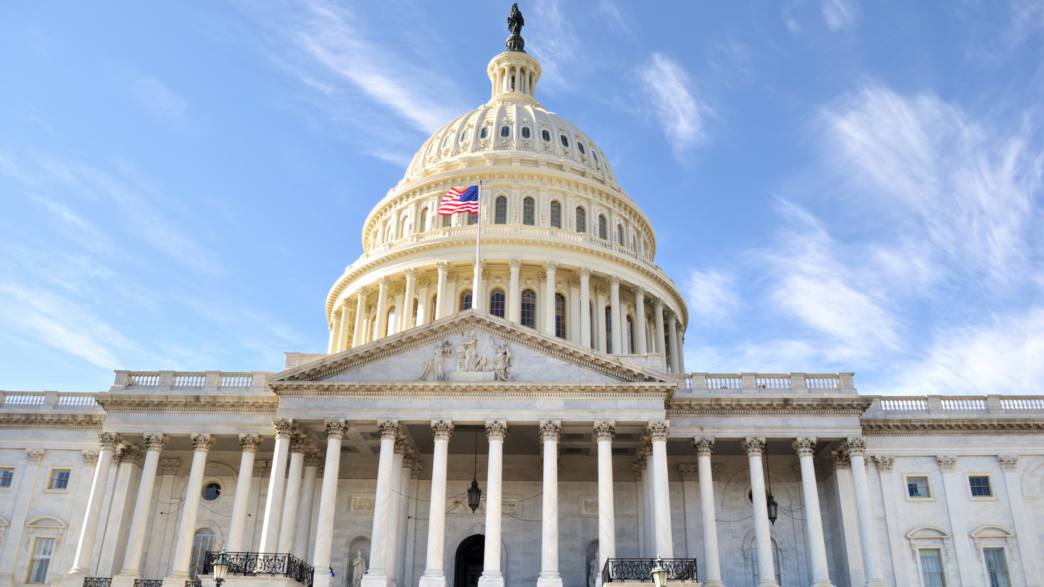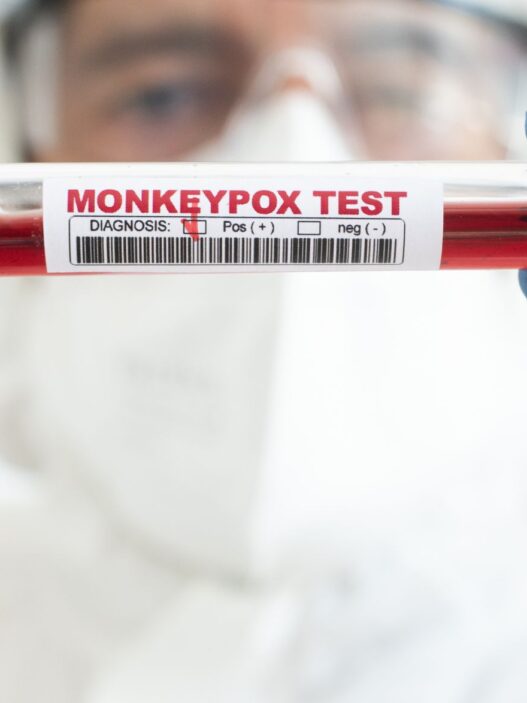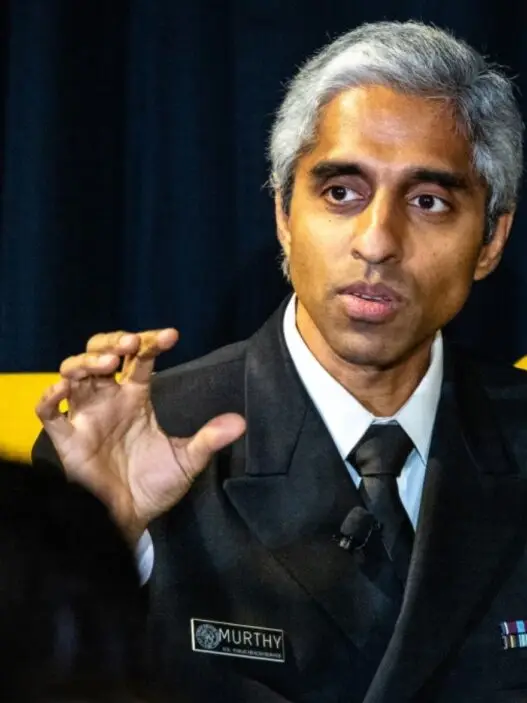On July 11, 2024, the Senate Health, Education, Labor, and Pensions (HELP) Committee convened a pivotal hearing to address the ongoing crisis of medical debt in the United States.
Titled “What Can Congress Do to End the Medical Debt Crisis in America?” this hearing brought together a distinguished panel of witnesses who shared their expertise and personal experiences, shedding light on the profound impact of medical debt and exploring potential solutions to alleviate this burden.
“Medical debt is not just a financial issue; it’s a public health crisis that exacerbates the already overwhelming challenges of battling serious illnesses like cancer. Patients are not only fighting for their lives but also struggling to protect their financial stability, often at the expense of their health. We must address the root causes of medical debt to ensure that healthcare is a human right, not a privilege reserved for those who can afford it.”
Dr. Fumiko Ladd Chino
The Scope of the Crisis
Medical debt remains a significant challenge for millions of Americans. With an estimated $220 billion in outstanding medical debt, the crisis extends far beyond individual finances, affecting the well-being and stability of families across the nation. Over 40% of U.S. adults struggle with healthcare debt, and approximately 12% carry balances exceeding $10,000 (Urban Institute) (Senator Bernie Sanders). The hearing emphasized that medical debt not only jeopardizes financial security but also undermines health outcomes and quality of life.
Witnesses Highlight the Human Toll
The hearing featured a powerful lineup of witnesses, each bringing a unique perspective to the discussion:
- Dr. Benedic Ippolito, Senior Fellow at the American Enterprise Institute, added a policy-focused perspective, discussing potential legislative and regulatory solutions to mitigate the burden of medical debt. His testimony emphasized the importance of comprehensive policy reform to protect consumers from the pitfalls of inadequate health insurance and aggressive debt collection practices (Senate HELP) (Congress.gov | Library of Congress).arments.
- Dr. Abdul El-Sayed, Director & Health Officer of the Wayne County Department of Health, Human & Veterans Services, shared insights from his work in Detroit, Michigan, where he has witnessed firsthand the devastating effects of medical debt on public health. His testimony underscored the need for systemic change to prevent medical debt from becoming a barrier to healthcare access.
- Dr. Luke Messac, an Attending Physician at Brigham and Women’s Hospital and Instructor of Emergency Medicine at Harvard Medical School, provided a compelling account of how medical debt impacts patients in emergency settings. His experience highlighted the ethical challenges healthcare providers face when treating patients burdened by unmanageable medical expenses.
- Allyson Ward, an Advanced Practice Nurse at The University of Chicago, brought a frontline perspective to the hearing. Her testimony detailed the struggles faced by patients and healthcare providers alike in navigating a system where medical debt often dictates the quality and timeliness of care received.
- Dr. Fumiko Ladd Chino, a Radiation Oncologist at Memorial Sloan Kettering Cancer Center, spoke to the long-term impact of medical debt on cancer patients. Her testimony was particularly poignant, as she illustrated how financial toxicity can compound the already overwhelming challenges of a cancer diagnosis.
- Dr. Ge Bai, Professor of Accounting and Health Policy at Johns Hopkins University, provided a thorough analysis of the economic factors driving the medical debt crisis. Her expertise in healthcare finance shed light on the systemic issues that contribute to the rising tide of medical debt, including high-deductible health plans and opaque pricing practices.
Key Proposals Discussed
At the forefront of the hearing was the Medical Debt Cancellation Act, introduced by Senator Bernie Sanders. This proposed legislation seeks to eliminate all existing medical debt in the U.S., remove medical debt from credit reports, and prevent future debt accumulation through stronger consumer protections. The witnesses collectively supported the need for such bold action, highlighting how medical debt exacerbates inequality and undermines the health and financial security of millions of Americans.
A Bipartisan Concern
The hearing made it clear that addressing medical debt is not just a matter of financial necessity but also of moral and ethical importance. With bipartisan support growing for measures to alleviate medical debt, the hearing underscored that this issue resonates deeply across the political spectrum. The witnesses’ testimonies provided compelling evidence that the time has come for Congress to take decisive action to end the medical debt crisis.
Looking Forward
The Senate HELP Committee’s hearing on July 11, 2024, marks a significant step toward addressing the medical debt crisis in America. The powerful testimonies from the witnesses illuminated the human and economic toll of medical debt and provided a roadmap for potential solutions. As the discussion moves forward, it is clear that any effective solution will require comprehensive legislative action to protect individuals from the devastating impact of medical debt and ensure that healthcare is truly accessible to all.
For more detailed information on the hearing and the ongoing efforts to address medical debt, you can visit the Senate HELP Committee’s official page or the Urban Institute’s analysis.























